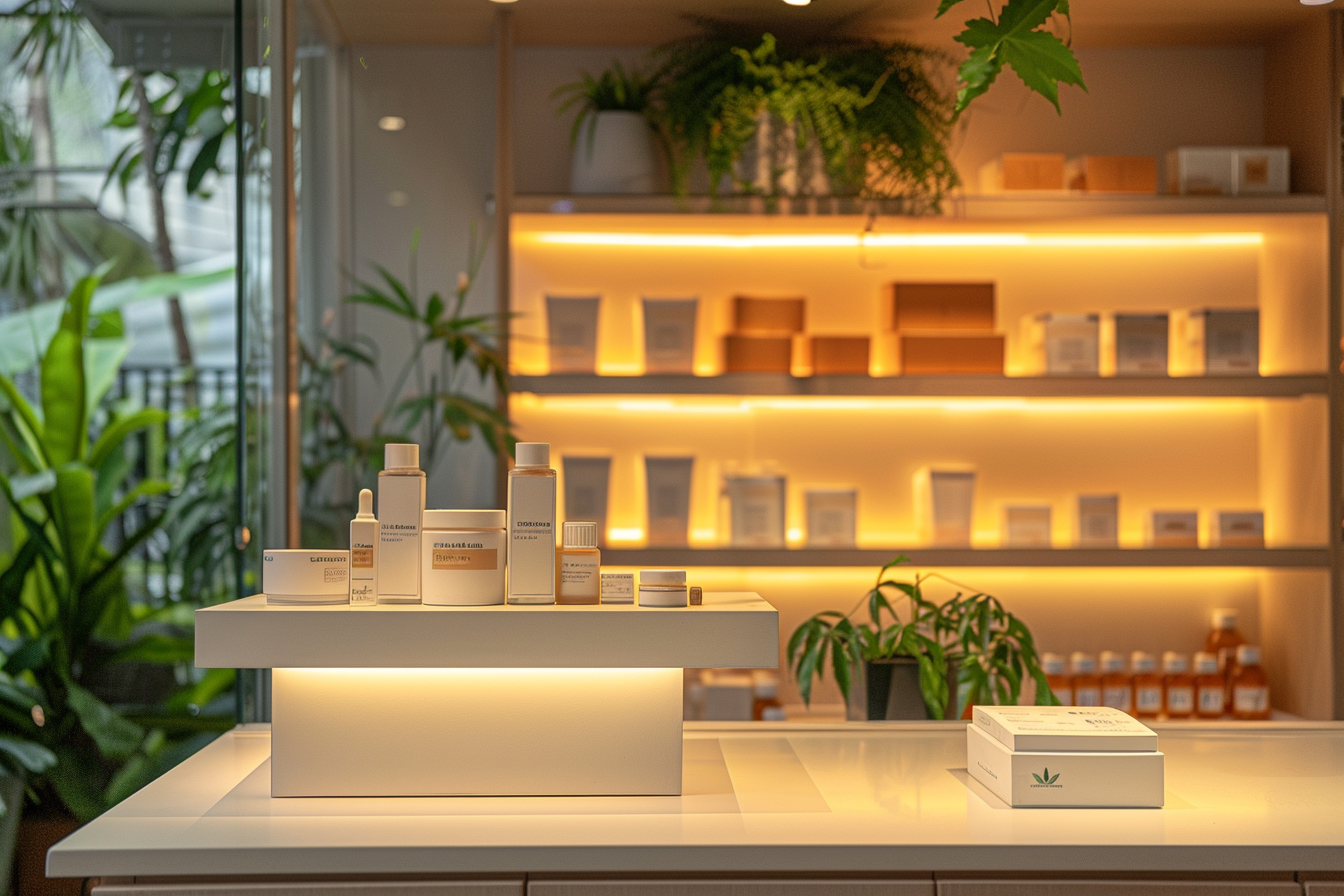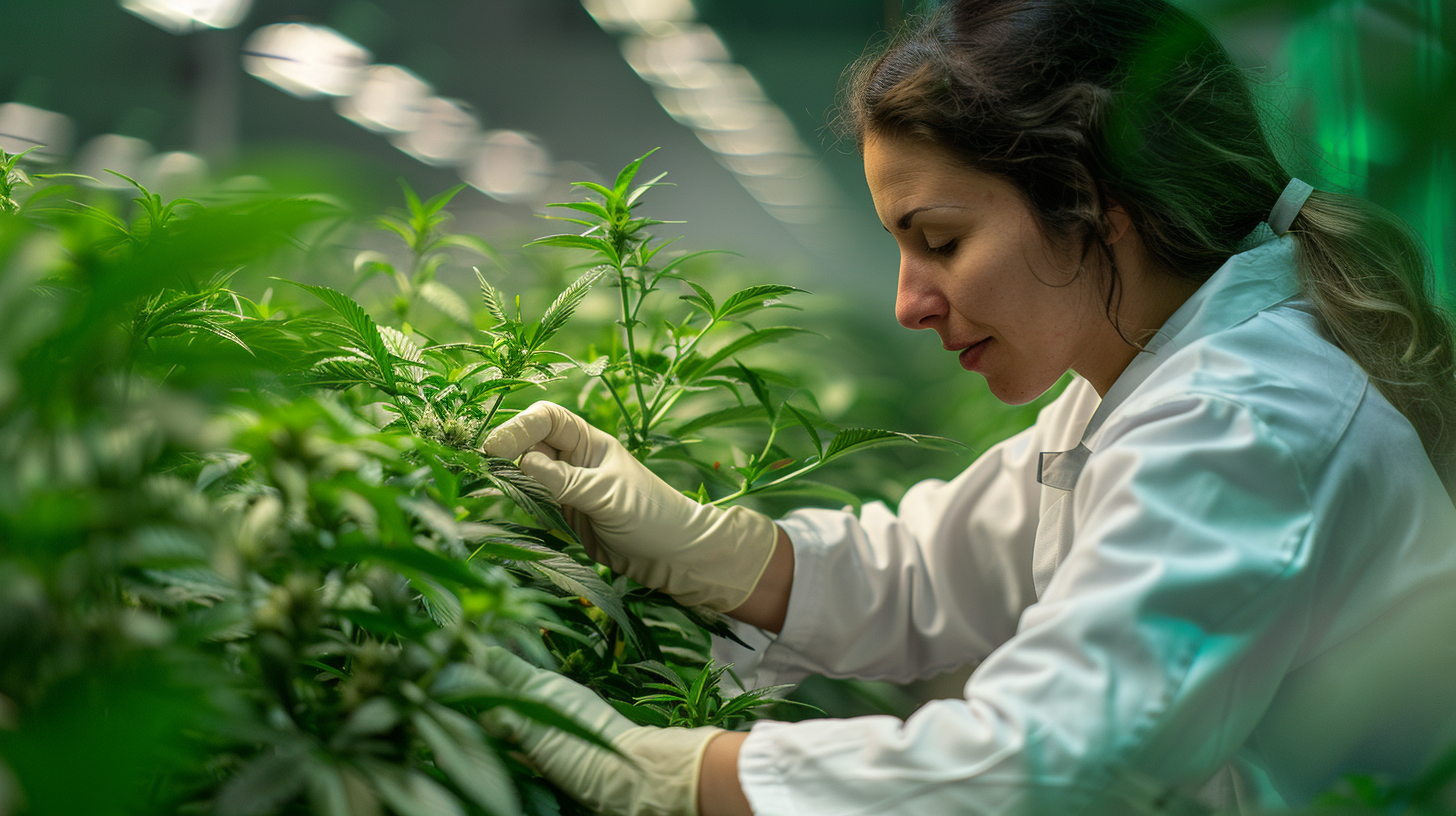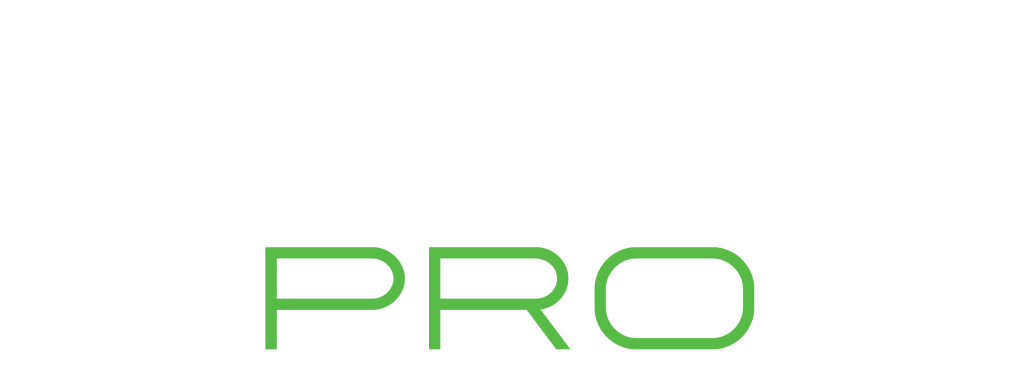EU Moves To Recognize Hemp Flower As A Crop

The EU is mulling formal clearance for hemp flower as a crop, paving the way for mainstream incentives and lower red tape for compliant varieties. If it happens, farmers would then be able to finance, insure, and export flower across borders in a manner more similar to rapeseed or wheat—instead of as a regulatory curiosity.
Today the European hemp industry is stuck in a policy quagmire: seed and fiber are typical ag commodities, yet flowering tops risk being regulated individually, patchwork eligibility requirements to harvest subsidies, and differences by national interpretation.
Categorization of hemp flower as a crop not inferior to corn would treat organs of the plant equally and eliminate administrative friction that has deterred so many farmers from participating.
It would mean easier access to agricultural support programs, crop insurance, credit, and grants that reduce the risks of changing crops and investing in harvesting and processing equipment.
For downstream SMEs, it would better enable stable access to legal flower for cosmetic, food, wellness industries, and research on traditional agricultural traceability rather than a patchwork of industrial or “special crop” solutions.
None of that avoids compliance: ≤0.3% THC content, seed certification, and limits on residues will continue to apply—and member states will continue to have discretion to use retail categorizations such as novel foods or excise policy.
But bringing flower into the mainstream of agriculture would substitute uncertainty with a more concrete, bankable story of compliance. To farmers, it is permission to farm; to policymakers, it is a low-cost way to set a rural growth engine in motion and legitimize an emerging market.
Source: businessofcannabis.com
Brazil Opens Its First Regulated Cannabis Pharmacy In Paraná

Curitiba now hosts the state’s first Anvisa-authorized cannabis pharmacy, bringing compliant CBD products to traditional over-the-counter service. Local availability offers faster access than mail-order operations, while providing pharmacist consultation and enhanced pharmacovigilance monitoring.
Brazil’s medical cannabis pathway existed on paper, but in practice most patients faced slow imports, court battles, or inconsistent dispensing. A brick-and-mortar pharmacy transforms this landscape: medication ordering, dosage adjustments, side effect monitoring, and patient counseling now occur through standard healthcare processes, building clinician confidence and improving patient compliance.
The program initially focuses on CBD products, dispensed with the same rigor as other prescription medications. Supply chain stability may justify the costs for providers treating pediatric epilepsy or adult pain patients—with consistent inventory availability being crucial.
Economically, the launch signals manufacturers and importers to expand their compliant product lines and ensure consistent batch quality.
Pharmacists are now able to offer real-time responses to questions of interaction, storage, and admin, opening up the feedback loop to prescribers and regulators. Challenges remain: out-of-pocket costs are still expensive, insurance coverage is patchy, and THC products remain easier to use.
But the way forward is mapped out: a switch from “special case” logistics into normalized pharmacy practice. If Paraná’s strategy is rolled out across capitals, Brazil’s market would move out of boutique access and into a stable, counseled channel on the country’s existing pharmacy infrastructure—good for patient safety, and good for the building of a domestic evidence base.
Source: sechat.com.br
Greece Bets On EU-Grown, Pharma-Grade Cannabis

A Greek producer offers cannabis grown and processed in Europe as a faster, more reliable alternative to long import chains from Canada. The approach combines the growing advantages of Mediterranean climate with strict quality controls to create pharmacy-ready products for Germany and other countries with high standar
The channel for distribution for Europe is still overly reliant on Canadian (now Portuguese or Danish) supplies, meaning lengthy chains of logistics, higher freight expenses, and slow reactivity.
Greece offers something different: attractive sunshine, cheap wage labor costs, and ease of access to market targets—all bundled into the EU-GMP standard of producing pharmacies.
That consistency is compelling as regulators increasingly require greater stability information, levels of tolerance to impurities, and consistent smell profiles that clinicians identify with compliance in patients.
Headwinds include significantly energy prices, capex on facilities with controlled environments, and the cost of GMP certification.
Funding remains conservative until offtake agreements are secured and customers demonstrate demand for consistent multi-batch supply rather than one-time purchases.
The value proposition is straightforward: a shorter, auditable supply chain reduces stockout risk and enables pharmacists to provide consistent like-for-like refills for patients.
For established Greek operations meeting validation timelines, procurement may shift increasingly to intra-EU sourcing within 12-24 months—particularly for top-performing products in Germany.
For patients, local sourcing isn’t a compromise but delivers fresher, more consistent medicine. For payers, it means reduced supply disruptions and better care continuity.
Source: businessofcannabis.com
Ghana Turns To Morocco To Fast-Track Cannabis Licensing

Ghana is bringing Morocco into its cannabis economy, where they’re able to scale the same type of industrial and medical infrastructure. Co-ops for farmers, seed-to-sale compliance to get everything export-grade. It’s nations assisting nations – flipping what works and what doesn’t on its head so farmers and patients profit sooner.
Ghana legalized channels on paper, but translating legislation into income streams requires day-to-day function: who is licensed to cultivate, how the crops are transported through the co-ops, which labs test on, and where the money returns to the growers.
Morocco represents the unusual African instance of sharp formalization, bringing thousands of Rif farmers into registered cooperatives under the ANRAC umbrella and the first legal shipments.
The recording of plot registry, GPS mapping, stock controls, and co-operative government would allow Ghana to take off rapidly and remain resistant to diversion. It satisfies the European purchase concern requirements as well—export credibility balances just as firmly on paper as on agronomy.
Context is local. Ghana’s climate, smallholder cultivation, and health communications won’t be the same as those in northern Morocco; agriculture, health, and interior ministries will be relevant.
If Ghana applies Moroccan discipline to extension services in Ghana and equitable cooperative payment remuneration, it will be West Africa’s model—linking rural producers to formal value chains and patients to tested, traceable commodities.
The larger reward is local: harmonised African standards facilitating legal intra-Africa trade and improved prices from EU buyers.
Source: northafricapost.com
Morocco’s Regulator Leads A 20+ Company B2B Mission To Amsterdam

Morocco cannabis regulator ANRAC is bringing over 20 approved licensees to Amsterdam on a B2B mission—a quest to complete European agreements for extract, API, and finished medicinal products.
The mission follows the first ever legally compliant Moroccan shipment and is founded on repeatable compliant shipments—not merely MOUs.
For Morocco, the future is converting regulatory wins into repeat business streams. A natural hub is Amsterdam to bring in EU consumers, wholesalers, and test houses, simplify paperworks, and stress test chains before larger volumes come.
Delegation diversification—to farmers, processors, and test labs—is an announcement to show end-to-end capability, from GACP acreage and controlled post-harvested right on through to stability data and Certificates of Analysis matching on delivery. That makes sense in an market where pharmacy-grade consumers care most about consistency within the batch, purity, and terpene fingerprint as proxies for consistency.
The potential is enormous: European patients are more and more open to accepting cannabis medicine, and Germany alone is already the globe’s largest import market.
Morocco provides short lead times in transit, good unit economics, and an expanding co-op base requiring improved pricing and pay predictability than that available through conventional channels.
Risks are present—illegal market competition, co-op pay cycles —but bringing buyers and operators into the same room is the bridge that is needed.
Assuming the October meetings’ purchase trials meet the EU quality gates and come into as-tested configurations, then the 2026 can be expected to pick up steam. The plan is less sensational launch than steady progression toward a stable export brand.
Source: telquel.ma


